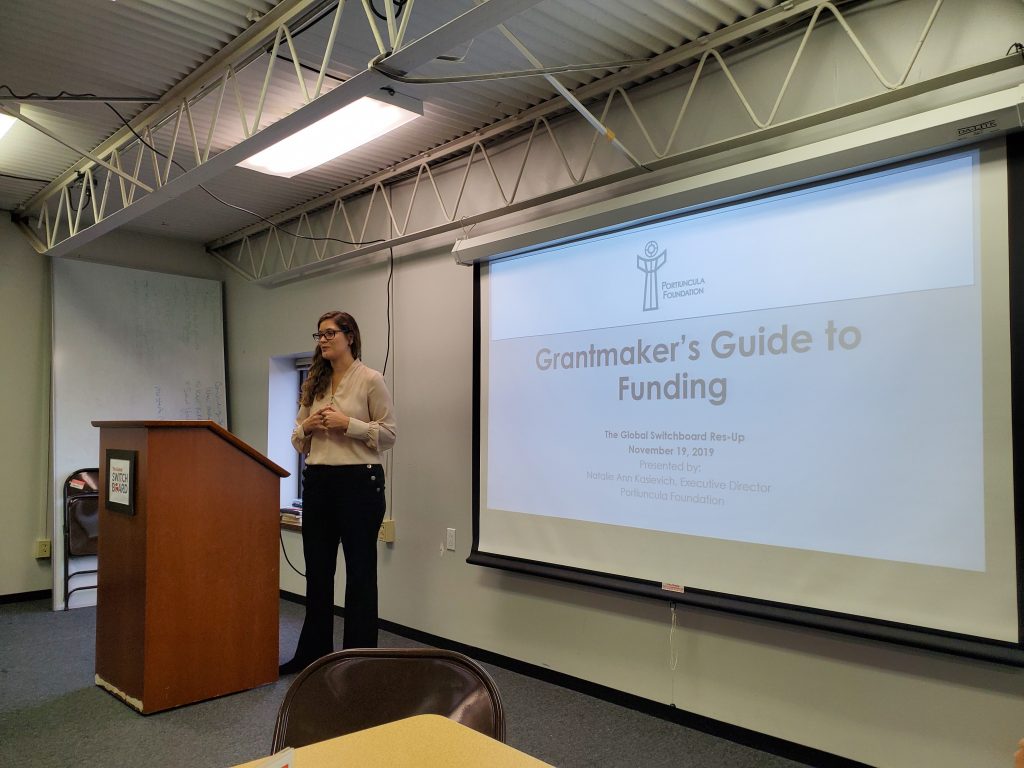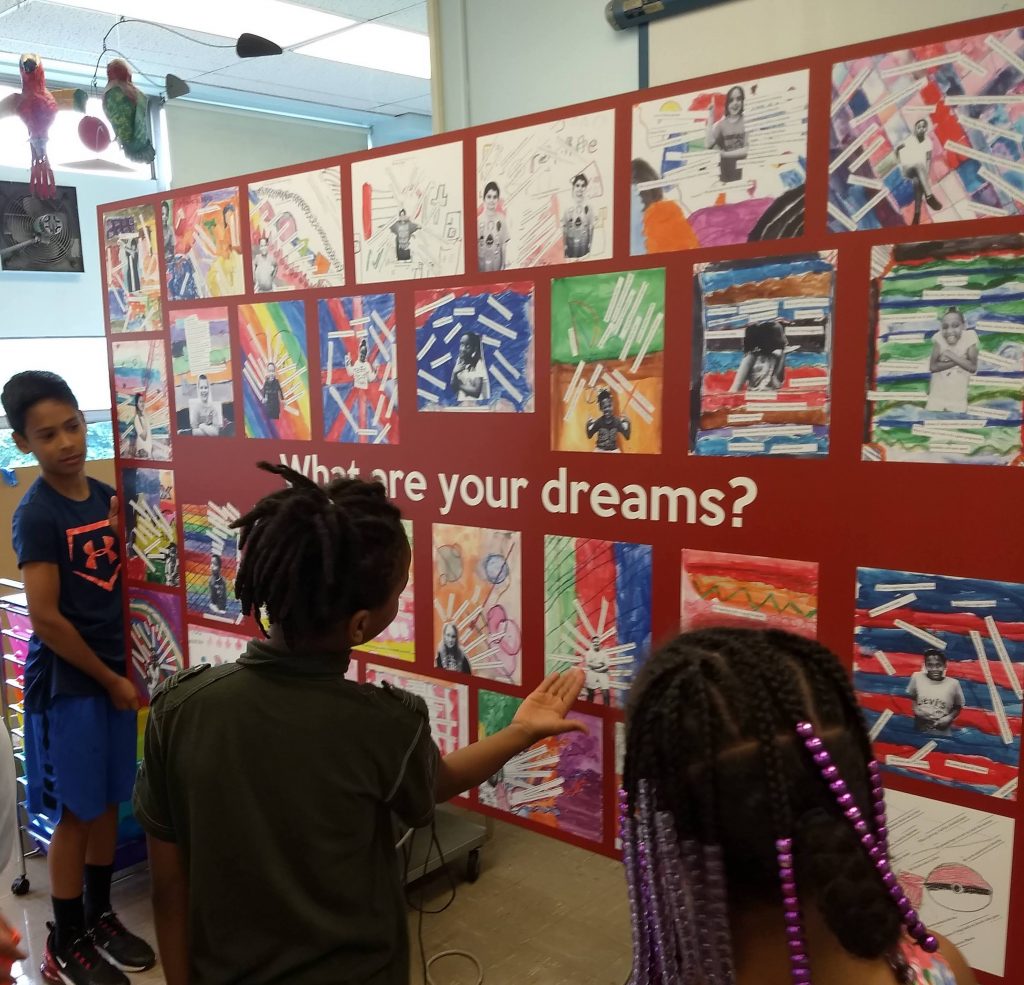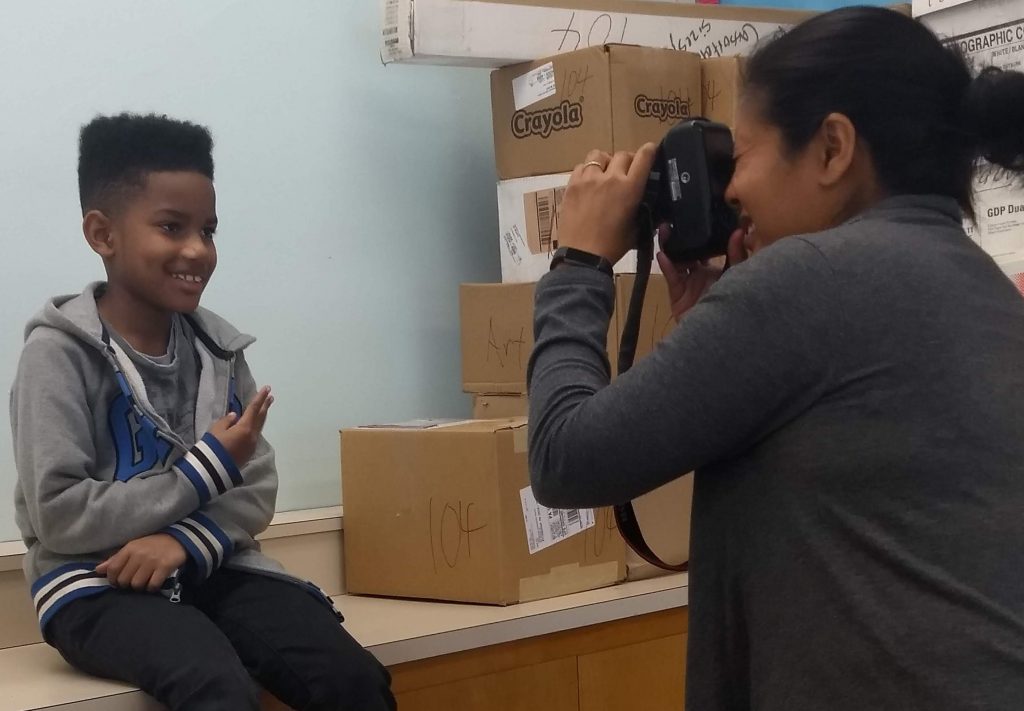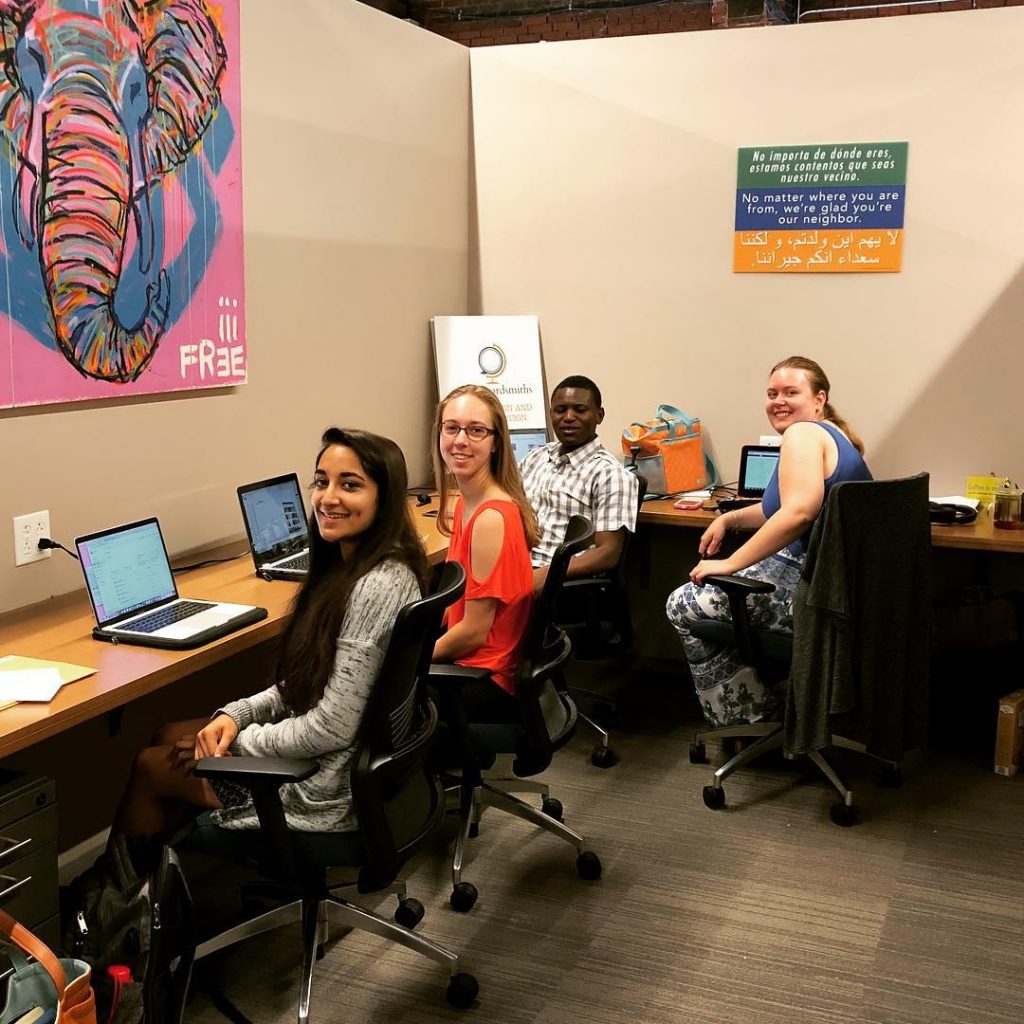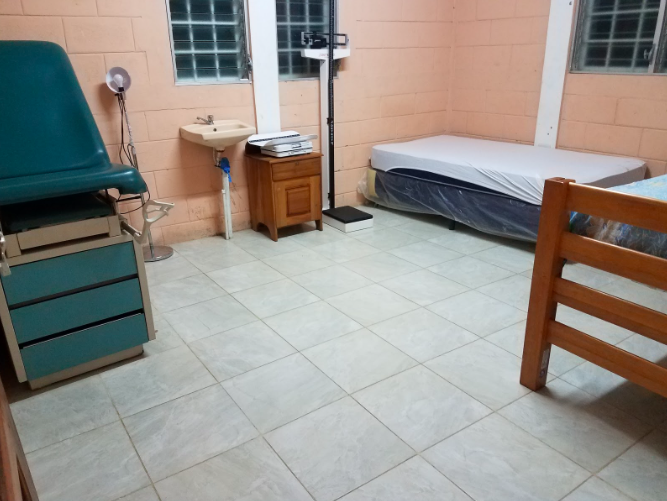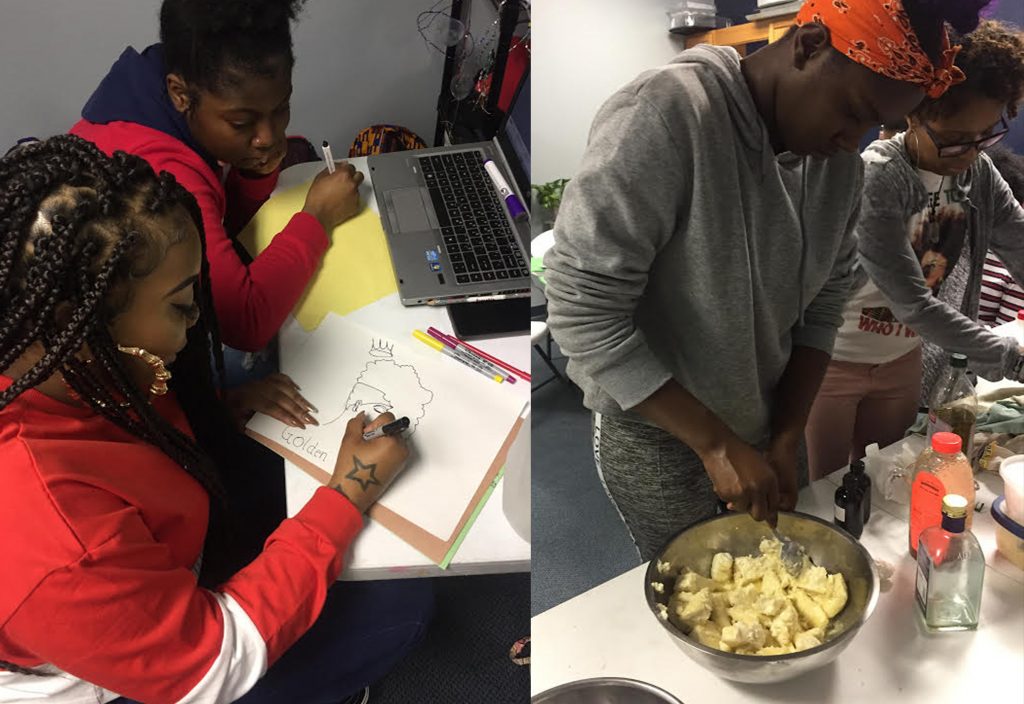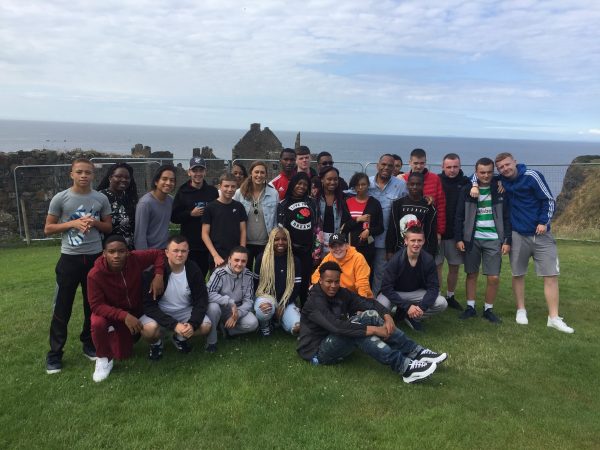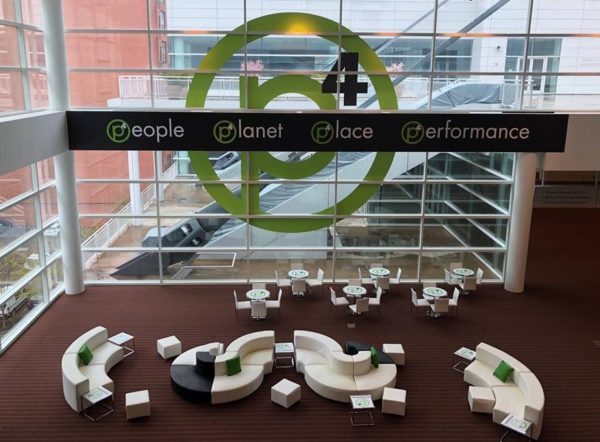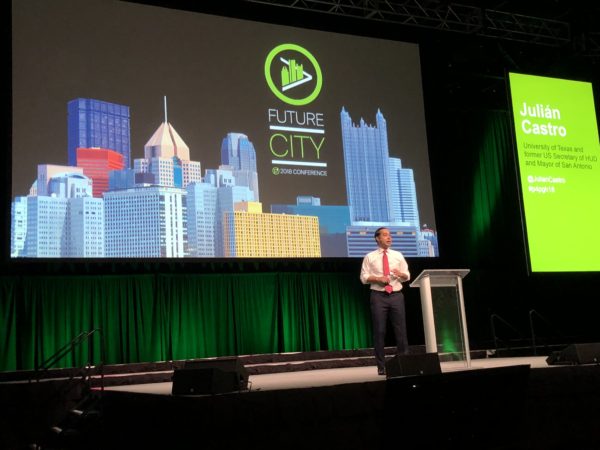Solidarity with Black Lives Matter
Leave a Comment| This has been a difficult week, especially for Black American communities in the United States. An important thing for non-Black Americans to do at this time is to be an ally. Here are ways to be active and support #blacklivesmatter in Pittsburgh + beyond: Educate yourself! Learn What Black Pittsburgh Needs to Know About Protests + watch this livestream by BUFU on Black & Asian solidarity in NYC ✊Review this document for anti-racism resources that facilitate growth for white folks to become allies, and eventually accomplices, for anti-racist work.Dedicate time to these anti-racist reading lists from City of Asylum (shout out to Pittsburgh author Damon Young!) and Ibram X. Kendi ? Educate your kids. Start with this guide on How To Talk To Your Kids About Race, Racism And Police Violence and follow EmbraceRace for resources on raising children who are “thoughtful, informed, and brave about race.” Put your money where your mouth is! It’s important to spread awareness, but it’s even more important to support communities in deeper ways. ?Give to these local organizations to help with bail funds, therapy costs, and legal supportDonate + follow PGH black-led justice organizations like 1Hood Media, SisTers PGH, Black Political Empowerment Project, Pittsburgh Bail Fund, Black Burgh Bail Fund, Aftercare Jail Support, PGH Freedom Fund, Take Action Mon Valley, Urban Kind Institute, and The Radical Youth CollectiveReclaim the Block has a list of organizations and Black Minnesotans doing the work to call justice for #GeorgeFloyd Take action against police brutality.Follow Alliance for Police Accountability (and donate) to stay up to date on local actions around police accountability ?If you have accounts of police brutality or violence, contact the Citizen Police Review BoardRead about some of the police reforms we need Pittsburgh ?Gain background information on the ideas behind defunding the police and ‘Ending the Police’, + sign the Black Lives Matter petition to defund the policeSign petitions for justice for George Floyd, Breonna Taylor, and Ahmaud Arbery. For other ways to help, check out the Black Lives Matter carrd. ✍?✍? Support your Black friends, colleagues, and family members! Ask them for their Ca$happ, Venmo, or other ways to financially support them. Take a shift for them at work. Spot a meal. Allow them to rest, and lighten their workloads. Speak up ?Have conversations with your family members to dismantle their racist core beliefs. This chart can help identify overt + covert racist behaviors. Support-Black owned business in Pittsburgh! Here’s a list of businesses you can support. Additional businesses we recommend are Dirty Birds, Ujamaa Collective, and Kilimanjaro Flavour ?Donate here to contribute to the Pittsburgh Black Business Relief Fund. Support Black Immigrants. These populations experience a harsh intersection of institutional barriers and are doing amazing work to change that reality – check out the UndocuBlack Guide for Mental Wellness Specialists, Black Alliance for Just Immigration, and the Black Immigrant Collective.Read about building solidarity between immigrants rights and Black Lives Matter movements. ? |




